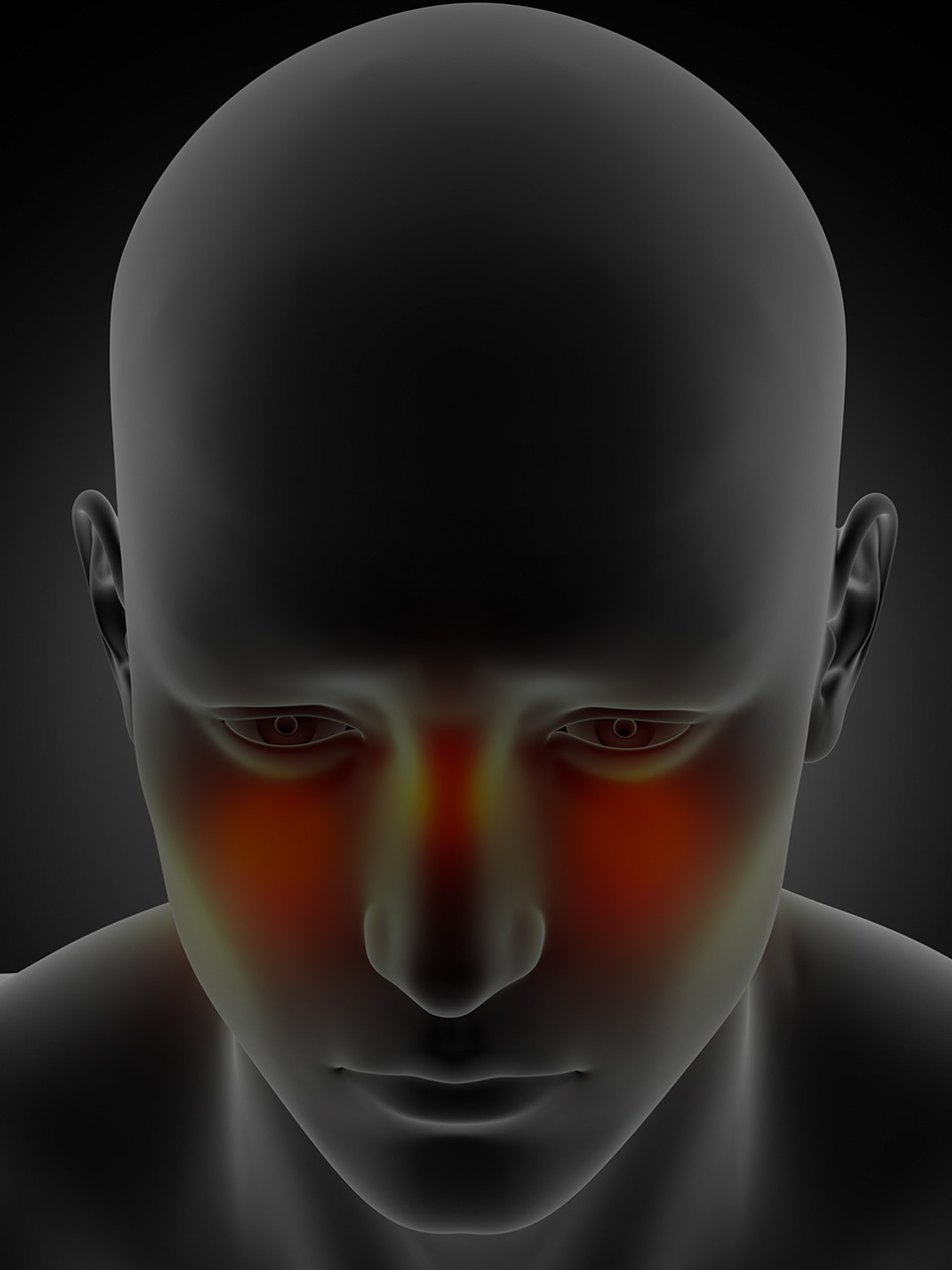
Tap to Read ➤
Sinus Drainage
Rajib Singha


When sinus infection sets in, the mucus lining of the nose gets irritated and produces excess mucus, and this triggers what is known as sinus drainage.

In the event of sinus drainage, the sinus fluid and mucus which is produced by the body, drains into the back of the throat. This fluid comes from the nasal passages and sinuses. Sinus drainage is a natural process wherein, small amounts of sinus fluid moves through the sinuses everyday. The drainage becomes a problem when the sinuses get inflamed due to various reasons.

Symptoms
Symptoms include feeling of pressure in the face (particularly starting from the area above and below the eyes and behind the nose), nausea, sore throat, bad headache, pain in the ear, accompanied by bad breath, and sometimes fever. Other symptoms may occur even after the treatment has started. These symptoms are usually an indication of the sinusitis subsiding, and they include yellow-green nasal drainage (clear or thick), lessening of pressure in the face, and relief in breathing.

Triggers

# Sinus drainage may also be experienced in the form of a runny nose. For most people this happens due to spicy foods, irritating odor, and other allergens. These and similar irritants trigger the production of a watery liquid by the mucus-producing glands in the nasal area.
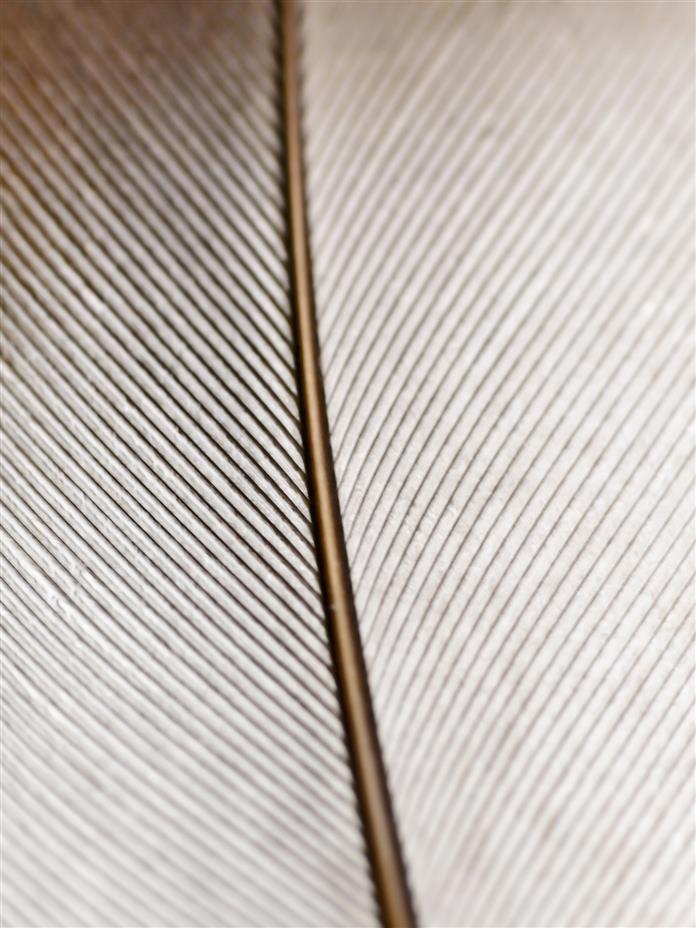
Note that sinus drainage is one of the reflexes of the body that reacts to any abnormal substance entering the nasal cavity. So, when the sinus cavity is irritated, it floods the affected area by producing more mucus in order to get rid of the impurities, and reduces the inflammation.

This excess fluid goes down the throat for elimination (this is also known as post-nasal drip).

# Common cold is one of the most common causes of a sinus drainage, mainly due to a viral infection. When the infection sets in, the sinus fluid gets stagnated in the nasal passages, and becomes dense or thicker with time. This mucus remains trapped, and creates an ideal environment for the pathogens to grow and multiply.
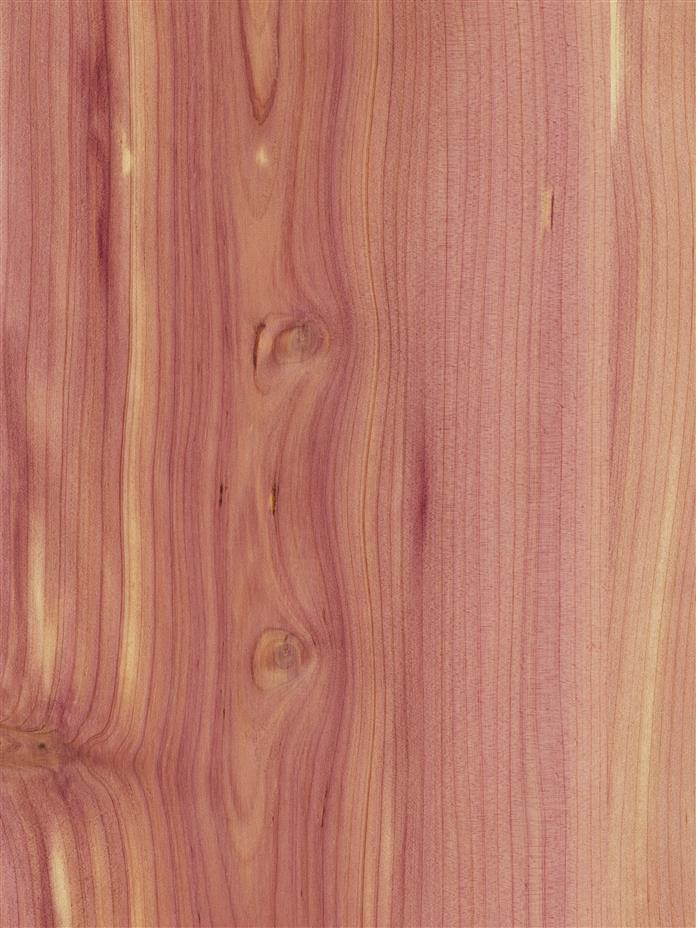
This is the main cause of discoloration of the mucus, and the foul odor. This mucus makes it way into the throat and the upper chest, and promotes more growth of virus or bacteria.
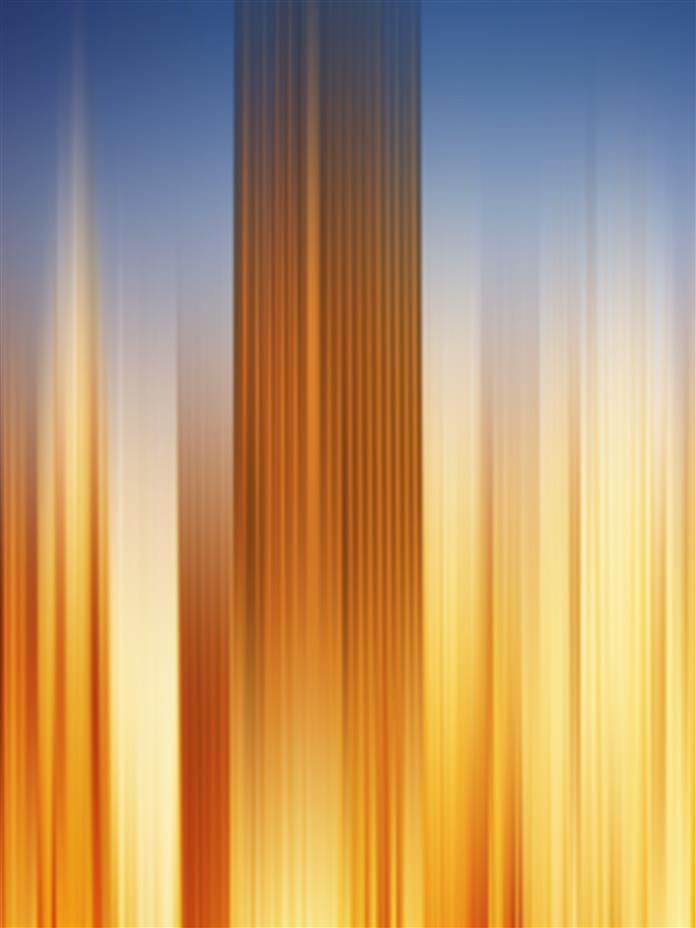
So when the treatment begins, the medications that are administered help to unblock the congestion and the blocked passages. This allows the trapped mucus to flow freely thus, causing the sinus to drain more than before.

What Can Be Done?
- When you feel your sinuses draining, sip a hot cup of black or green tea. Even warm soup provides great relief.
- Take a hot shower, or sit in your bathroom filled with steam. This will help moisten the nasal passages, and slow down the drainage.
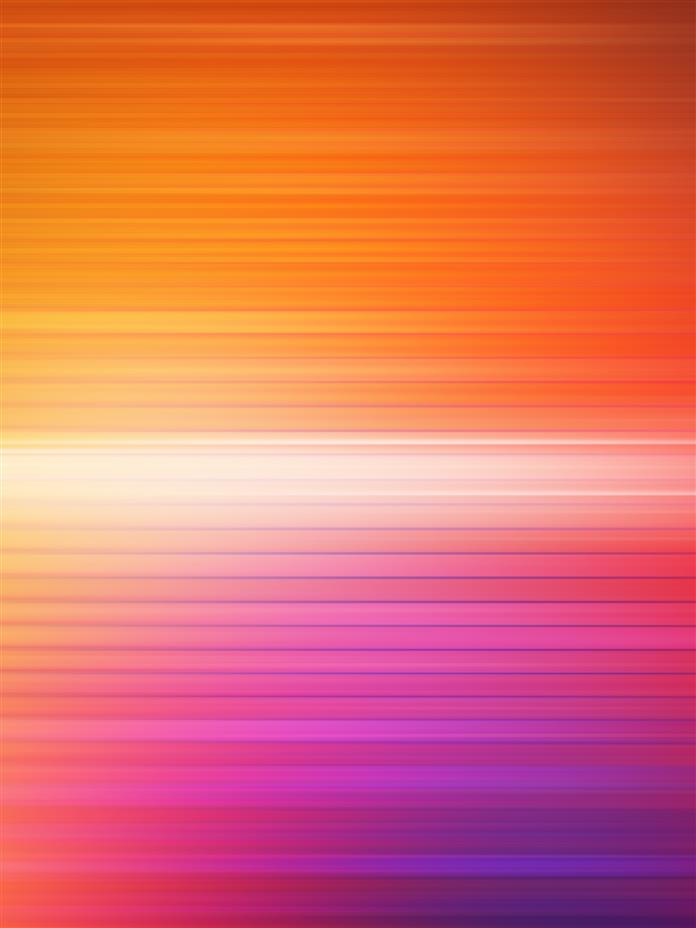
- Nasal irrigation is also considered one effective treatment to manage the condition. For this you would need to prepare a saline solution. Mix one-half teaspoon of common salt in 8-ounce glass of water. Add a pinch of baking soda. Stir well. Now, get a simple bulb syringe, and fill it with this solution.
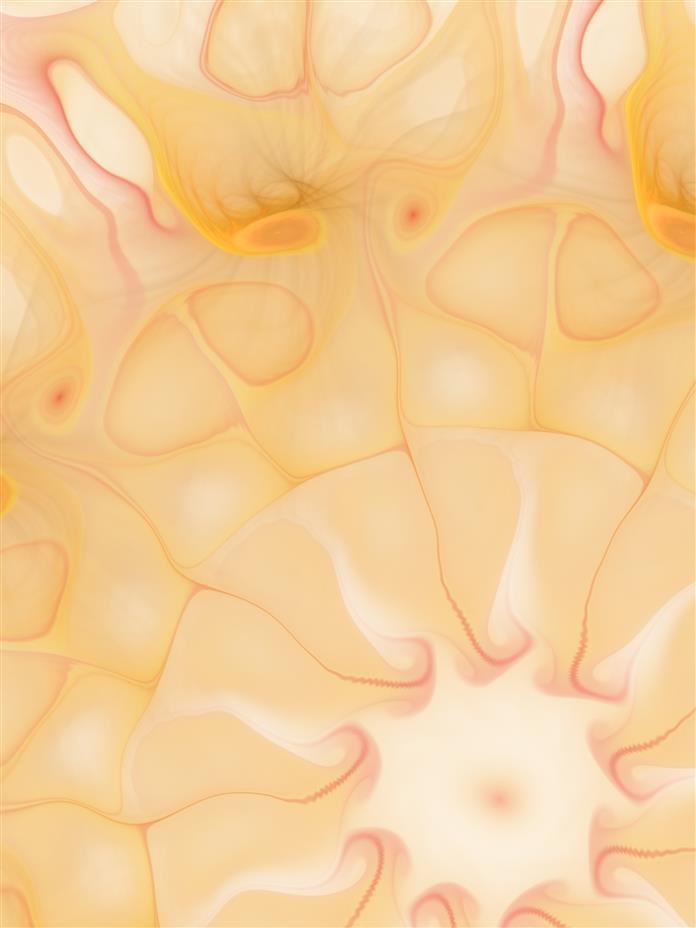
Insert the tip of the syringe in one nostril, and gently squeeze the bulb. Once you feel the solution is in, gently blow your nose. Repeat the same with the other nostril. Note that this method is not recommended for long-term use.

- Garlic juice, apple cider vinegar, warm soups, inhaling vapors of eucalyptus oil, mustard seeds, cinnamon, and peppermint also help in the treatment.

- Increasing intake of omega-3 essential fatty acids, vitamin C, and maintain good personal hygiene.
- Keep yourself from being exposed to allergens and other irritants.

- Drink plenty of water, 6 - 8 glasses everyday. This will help in keeping your system clean and your sinuses healthy.
- You can also use a humidifier to add moisture to the air in your room. This, according to experts, helps in keeping sinuses healthy. This method is especially helpful in winters.

The above methods are generally helpful in managing the problem of sinus drainage. However, if your symptoms prolong or do not seem to improve, then this should warrant a medical appointment with your doctor. It is most likely that you would be prescribed with medications, depending on the underlying cause of the drainage and its accompanying symptoms.